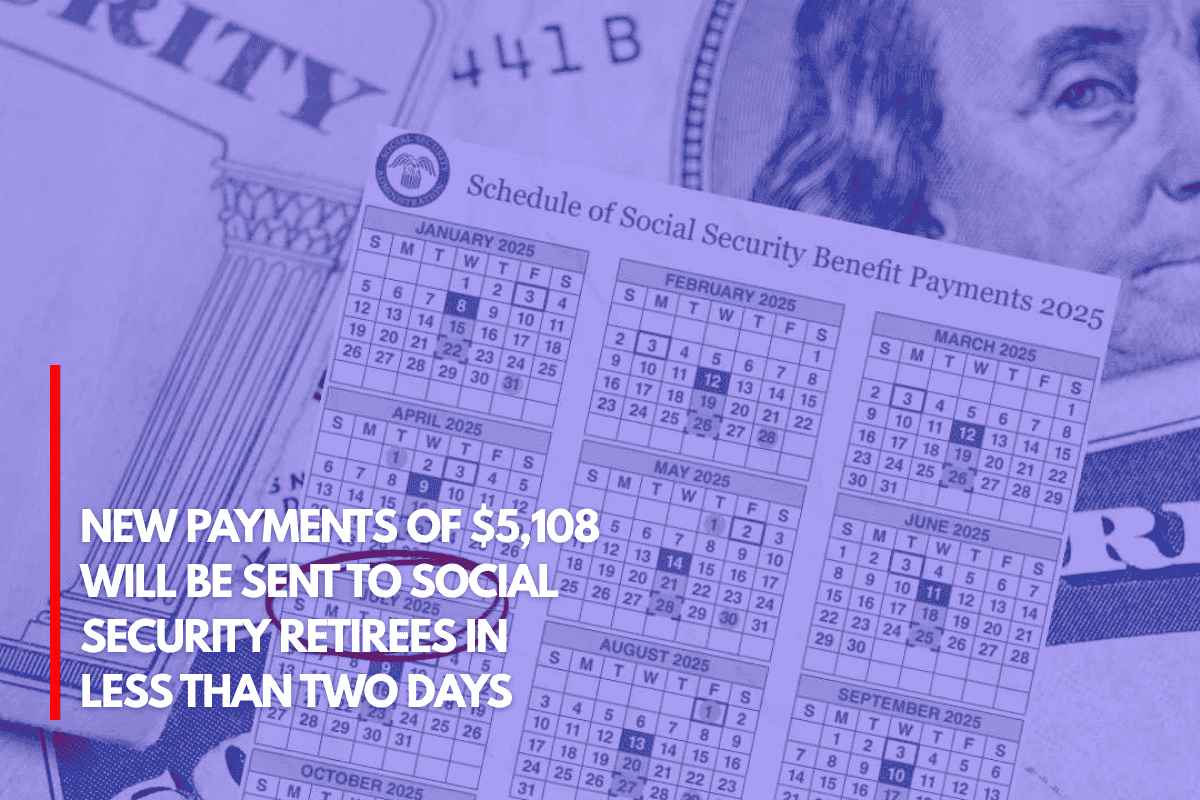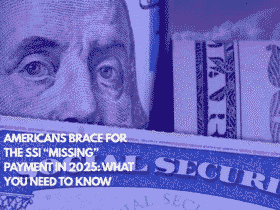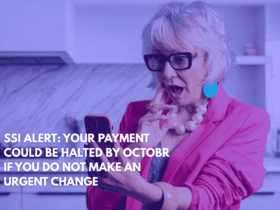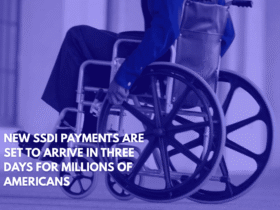The Social Security Administration (SSA) in the United States uses a tiered system to send retirement payments. This system is not random—it was introduced many years ago to avoid problems caused by sending millions of payments on the same day.
Just imagine the confusion and technical issues if everyone received their money at once. Banks would be overloaded, delays would happen, and the entire system could even fail. To keep everything running smoothly, the SSA created a method to divide payment dates across the month.
This payment system also helps reduce mistakes and improves the management of government funds. If you have ever asked yourself why you receive your retirement money on the second Wednesday of the month while someone else gets theirs on the third Wednesday, the answer is quite simple: it all depends on your date of birth.
This rule applies mainly to people who started receiving retirement payments after May 1997, which is when the SSA began using this birthday-based method.
What If Your Social Security Payday Falls on a Holiday or Weekend?
While there are no changes to the payment schedule in July due to holidays, it’s good to know how the system works in other months. If your payment date falls on a Saturday or Sunday, the money is usually deposited on the Friday before.
The same thing happens if the date is a federal holiday—the SSA will send the payment earlier, on the last working day before the holiday. For example, in August, Labor Day may affect payments, so it’s something to keep in mind when looking at your deposit schedule.
The SSA breaks up retirement payments into three different Wednesdays in the month, based on your birthday. In July 2025, payments will be made on July 9, July 16, and July 23.
If your birthday is between the 1st and 10th of the month, your payment will arrive on July 9. If you were born between the 11th and 20th, your money will come on July 16. Lastly, those with birthdays between the 21st and 31st will receive their retirement deposit on July 23.
Other Important July Payments: SSI and Early Beneficiaries
Besides regular retirement payments, there are other groups who received their money earlier this month. People who get Supplemental Security Income (SSI) were paid on Tuesday, July 1. This payment is always scheduled for the first day of the month. Since July 1 fell on a Tuesday in 2025, no changes were needed.
Another group to note includes people who started receiving Social Security benefits before May 1997, expats living outside the U.S., or people who receive both SSI and retirement benefits. All these beneficiaries received their money on Thursday, July 3. This date is fixed for them and does not depend on their birthdate.
How to Check the Status of Your Social Security Payment
If you want to check whether your Social Security money is on the way, there are two easy methods. First, you can log in to your personal My Social Security account at the official SSA website, ssa.gov. There, you can view past payments, track upcoming deposits, and even download official payment proof if you need it.
If you prefer speaking with someone, you can call the SSA at 1-800-772-1213. Support is available in English, Spanish, and several other languages. To avoid long wait times, try calling during the afternoon instead of in the morning.
Maximum Social Security Retirement Payments in 2025
In 2025, the amount you can receive from Social Security depends on the age at which you retire. If you wait until full retirement age, which is 67 for those born in 1960 or later, you can receive a maximum of $4,018 per month.
If you delay retirement until age 70, your benefit increases to as much as $5,108 per month, assuming you contributed for 35 years at the maximum taxable earnings level. For 2025, that level is $176,100.
On the other hand, if you choose to retire early at age 62, the highest monthly benefit you can receive is $2,831. All of these figures include the 2.5% cost-of-living adjustment (COLA) announced for 2025. So, while early retirement gives you more time to enjoy your pension, it also reduces the monthly amount you will receive.











Leave a Reply